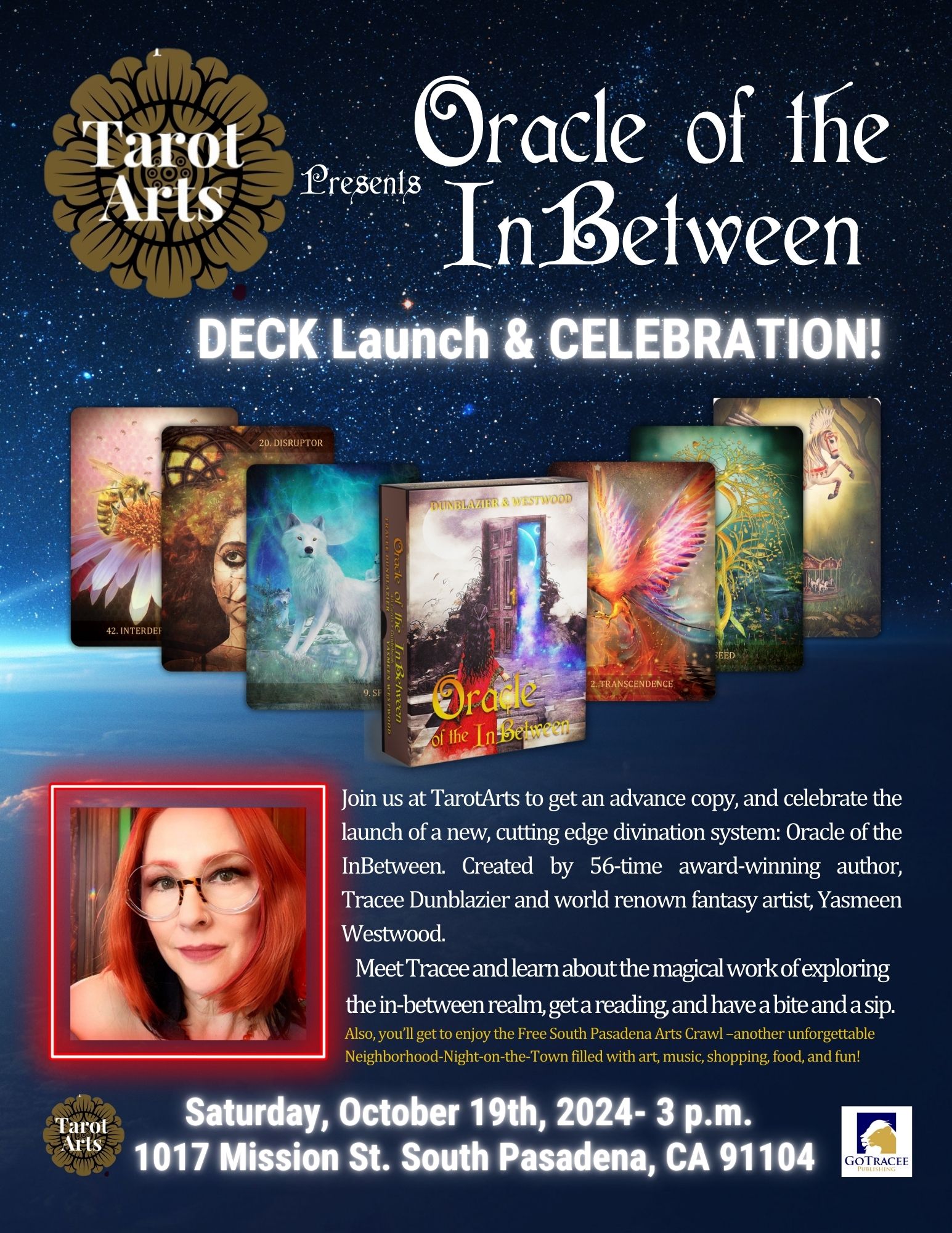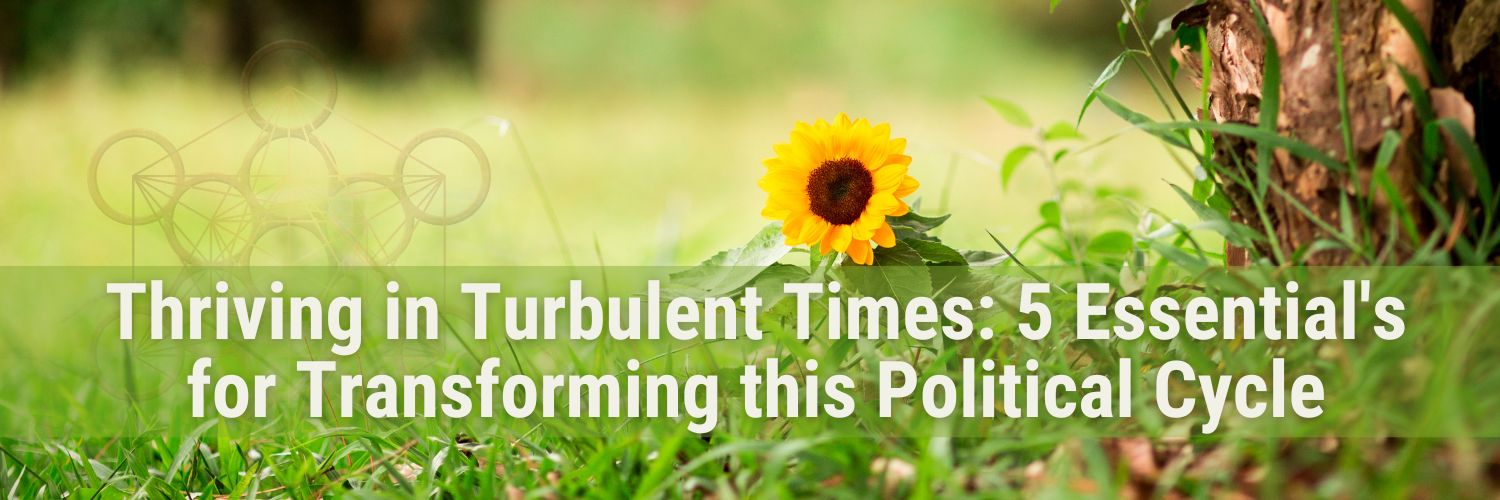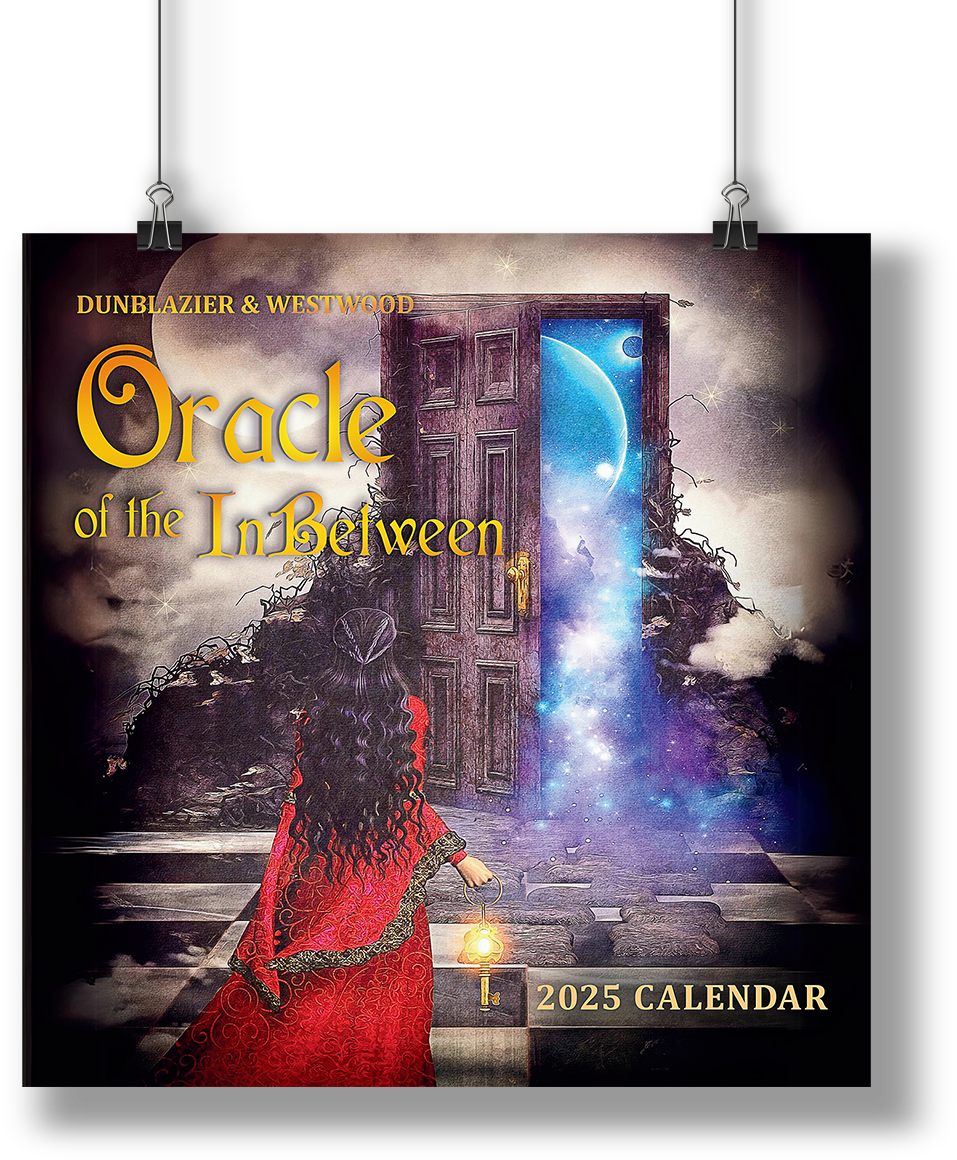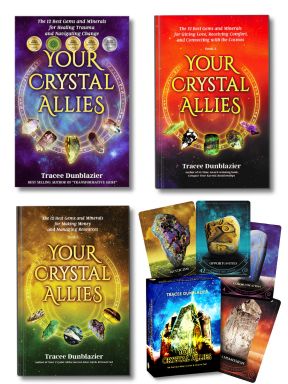
“Narcissism” is thrown around too-loosely to describe poor behavior. But some things shouldn’t be ignored; here’s how to tell if they might be a narcissist.
Manipulation, self-absorption, deceitfulness, and lack of empathy are just a few of the traits of a person with Narcissistic Personality Disorder. However, in the United States, NPD is only found in about five percent of women and almost eight percent of men.* The rest of us only exhibit some form of these traits at different times and under specific circumstances in our lives.
So, while it may feel like every ex you’ve ever dated is a Narcissist, that just isn’t the case. A person expressing several of the criteria may not have earned the diagnosis, but may just be the kind of person you need nothing to do with. The behavior is abusive, diminishing to your spirit, and at times a real challenge to overcome.
Recognizing the traits and setting boundaries early and often in a new relationship can help to identify and mitigate the damage of a deeply selfish abuser. These are a few things to look for.
Risky Business:
Narcissists are often deeply ingrained in high risk tasks or dangerous behavior: high risk sports, hi- finance, cheating in relationships, drug and alcohol addiction, or lying in general are a few of the ways a person who lacks empathy to the extreme gets any rush at all.
The average person is able to connect emotionally with other people and have the experience of feeling connected. A narcissist doesn’t connect, but often is a great actor at seeming connected. The high-risk behavior gives them the adrenalin rush they need to feel something at all.
Lovebombing:
Narcissist’s are incredibly charming. Usually, by adulthood, a person who lacks empathy has learned how to mimic the social mores of the times. They know all the right things to say and do to make you feel like you are the most valuable, important, sexy, or whatever trait you most value about yourself.
Early in a relationship, once they have this information, they lovebomb you with it. They communicate consistently and often, giving the illusion of love and support. Making themselves invaluable either emotionally or in physical service: Offering to do little tasks around the house or seeking to fill any void you may have. In the beginning, you can’t fathom how you got so lucky.
The Entourage:
Every narcissist targets specific people—usually people who have extreme empathy and care for others. Often times it takes a village to con a target and the abuser knows how important connection is to his/her sensitive bullseye. So, the charming narcissist often parades their dishonest behavior in front of their apathetic friends: the established relationships with whom they have made themselves necessary; mentally, emotionally, or physically. We call these people Apaths. They don’t necessarily lack empathy, but they stand by and witness what the narcissist is doing to the empath, because they feel what they’re getting in their relationship with the narcissist is valuable, and often they don’t want to experience the final phase of the narcissist’s repertoire which is the casting off of the relationship.
The narcissist will cast out from the circle, any relationship, without hesitation and at a moment’s notice. They will defend their behavior at infinitum and smear the name of anyone who steps up to challenge them.
The Queue:
Narcissists easily have multiple romantic relationships simultaneously. I call it the queue. They often have two or three others they’re grooming in case the main relationship ends. They don’t care about the impact to the targets and often have delusions about the good they’re doing for everyone.
They can even parade the other relationships to create a sense of competition or jealousy for a partner. It’s not uncommon for them to constantly see or speak with an ex or continually talk about how other people would be better for them, and finally the suggestion of bringing a third party into the situation because party number one just isn’t enough. This element usually comes in toward the end of a relationship when the empath—in spite of the beating their self-esteem may have taken—is trying to break free from the relationship. It’s an attempt by the narcissist to bring them back into the relationship emotionally and remain in control.
Narcissistic Personality Disorder and Borderline Personality Disorder (also called a “sociopath,” the criminal version of a narcissist) are deeply rooted mental illnesses for which there is no cure or treatment beyond talk therapy and spiritual renovation. They are not diagnoses and terms to loosely throw around and most people don’t qualify.
Having said that: there are a lot of folks who have dangerous levels of abusive habits to contend with.
If you’ve run into any of these red flags, it’s important to remain calm and move on. Any sort of engagement with this type of highly manipulative personality is all he/ she needs to bring you back in and keep you reeling in confusion.
Self-awareness is your most important tool. If you begin to feel worse about yourself while dating someone: it probably isn’t you. The second most important tool you have to recognize them and take yourself out of the situation is your intuition and gut feeling.
No matter how much you like or love a narcissist, you won’t ever truly be able to reach them and somewhere in your sensitive spirit, you will know that. Do your best to reach out to your trusted friends that have no connection to the person in question and rally support to leave the relationship. And, just so you know, this personality can’t really be your friend. They don’t have the capacity to truly value your needs.








